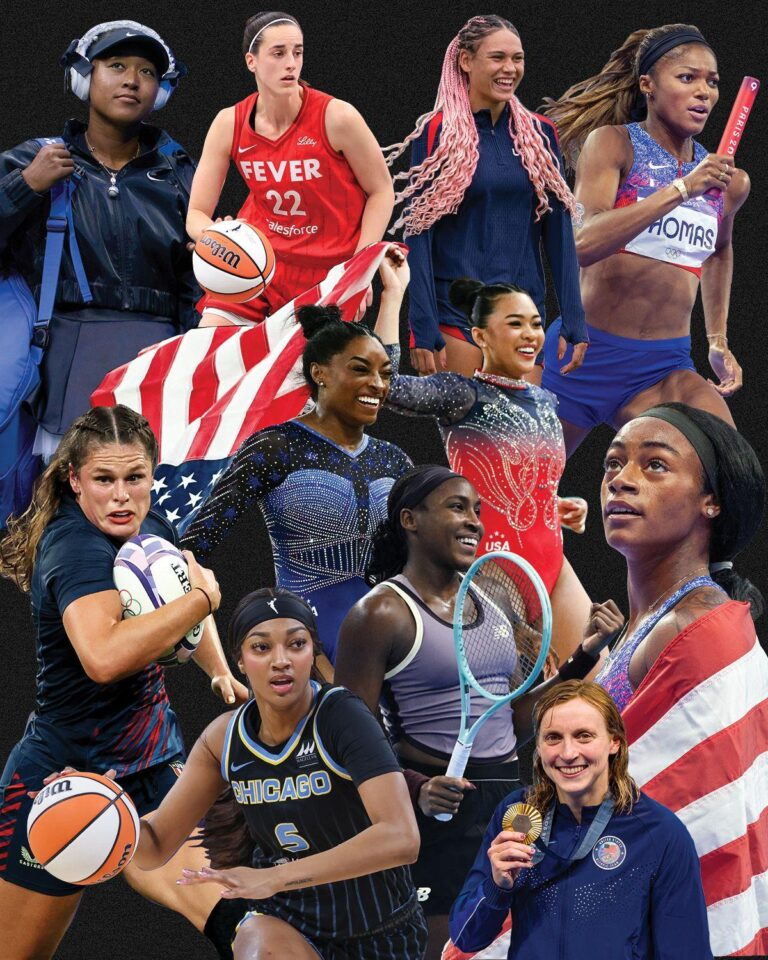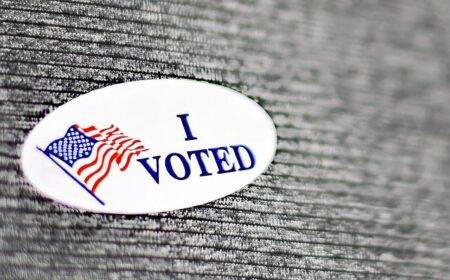In a pivotal legal development, female athletes and several U.S. states have petitioned the Supreme Court to safeguard the integrity of women’s sports. The case, spotlighting concerns over fairness and eligibility in female athletic competitions, marks a significant challenge to policies that opponents argue undermine women’s opportunities in sports. As the highest court prepares to hear arguments, the outcome could have far-reaching implications for gender divisions in athletics across the nation.
Female Athletes and States Urge Supreme Court to Protect Competitive Integrity in Women’s Sports
A coalition of female athletes alongside several U.S. states has escalated their call to the Supreme Court, emphasizing the urgent need to uphold fair competition in women’s sports. They argue that current policies allowing male athletes who identify as female to compete in women’s categories threaten the integrity and safety of female athletic competitions. The group insists that preserving separate categories based on biological sex is essential to ensure equal opportunities for female athletes at all levels.
The petition highlights key concerns:
- Physical disparities: Recognizing natural physiological differences that impact performance.
- Equity in scholarships and funding: Ensuring women receive fair access to resources.
- Long-term impacts: Preventing the erosion of female sports, which have historically been a platform for women’s empowerment.
This legal challenge comes amid growing national debate, with multiple states adopting laws to restrict participation in women’s sports to biological females only. Advocates maintain that these measures are necessary to protect the future of women’s athletics across schools and professional leagues.
Legal Challenges Focus on Safeguarding Fairness and Opportunity for Female Competitors
Recent cases brought before the high courts by female athletes and several US states emphasize the need to protect the integrity of women’s sports. These legal challenges argue that ensuring fairness is not merely about preserving competitive balance but also about upholding the principles of equal opportunity that female competitors have fought hard to secure over decades. Advocates stress that participation should be based on biological factors to maintain the level playing field that has allowed women’s athletics to flourish.
Key points raised in these legal challenges include:
- The necessity for clear eligibility rules tailored specifically to female divisions.
- The impact of current policies on scholarship opportunities and career advancement for female athletes.
- Calls for policy reforms that address concerns without stigmatizing transgender individuals.
| Stakeholder | Primary Concern | Proposed Outcome |
|---|---|---|
| Female Athletes | Fair competition | Protection of women-only categories |
| State Governments | Policy consistency | Legislative clarity and enforcement |
| Civil Rights Groups | Equity & inclusion | Balanced solutions respecting all athletes |
Advocates Call for Clear Guidelines to Address Transgender Participation in Athletic Competitions
Leading voices from the sports community and several states are urging the Supreme Court to establish definitive policies regarding the participation of transgender athletes in female sports categories. They argue that without clear regulations, the integrity of women’s competitive sports may be compromised, potentially affecting fairness and opportunities for female athletes at all levels. Advocates emphasize the need for science-based guidelines that reconcile inclusivity with competitive equity, ensuring no group is unjustly advantaged or excluded.
Key concerns highlighted include:
- The biological and physiological differences impacting competition outcomes.
- The preservation of safe and equal playing conditions for women.
- The necessity for uniform policies across states to prevent a fragmented legal landscape.
| Stakeholder | Primary Concern | Requested Action |
|---|---|---|
| Female Athletes | Fair competition | Strict eligibility criteria |
| State Governments | Policy consistency | Federal guidelines |
| Advocacy Groups | Inclusivity & fairness | Balanced legal framework |
Experts Recommend Policy Reforms to Preserve Equity and Support Women’s Athletic Programs
Leading experts urge lawmakers to enact comprehensive policy reforms aimed at safeguarding the integrity of women’s athletic programs nationwide. Emphasizing the importance of fair competition and equal opportunity, specialists advocate for measures that ensure female athletes receive the support and recognition they deserve. These reforms are seen as critical in addressing current challenges posed by evolving eligibility standards and participation criteria that some argue undermine the original intent of women’s sports initiatives.
The proposed changes include targeted funding increases and updated regulatory frameworks designed to preserve the competitive landscape for female athletes in schools and collegiate sports. Among the recommended strategies are:
- Establishing clear participation guidelines that respect biological differences while promoting inclusivity
- Enhancing financial resources to women’s teams to bridge existing disparities
- Strengthening data transparency around athletic performance and program outcomes
- Supporting educational campaigns to raise awareness on the significance of women’s sports
| Policy Focus | Expected Benefit |
|---|---|
| Participation Guidelines | Fairness in competition |
| Funding Support | Equality in resource allocation |
| Data Transparency | Informed decision-making |
| Public Awareness | Community engagement |
Key Takeaways
As the debate over the future of women’s sports in the United States reaches the highest judicial levels, female athletes and state officials alike continue to advocate for preserving competitive fairness and opportunities for women. The outcome of this pivotal case before the Supreme Court will not only shape the landscape of athletic competition but also signal how gender identity and sports intersect in the evolving legal and cultural arena. Stakeholders on both sides of the issue await a ruling that could redefine the principles underpinning women’s sports for years to come.




